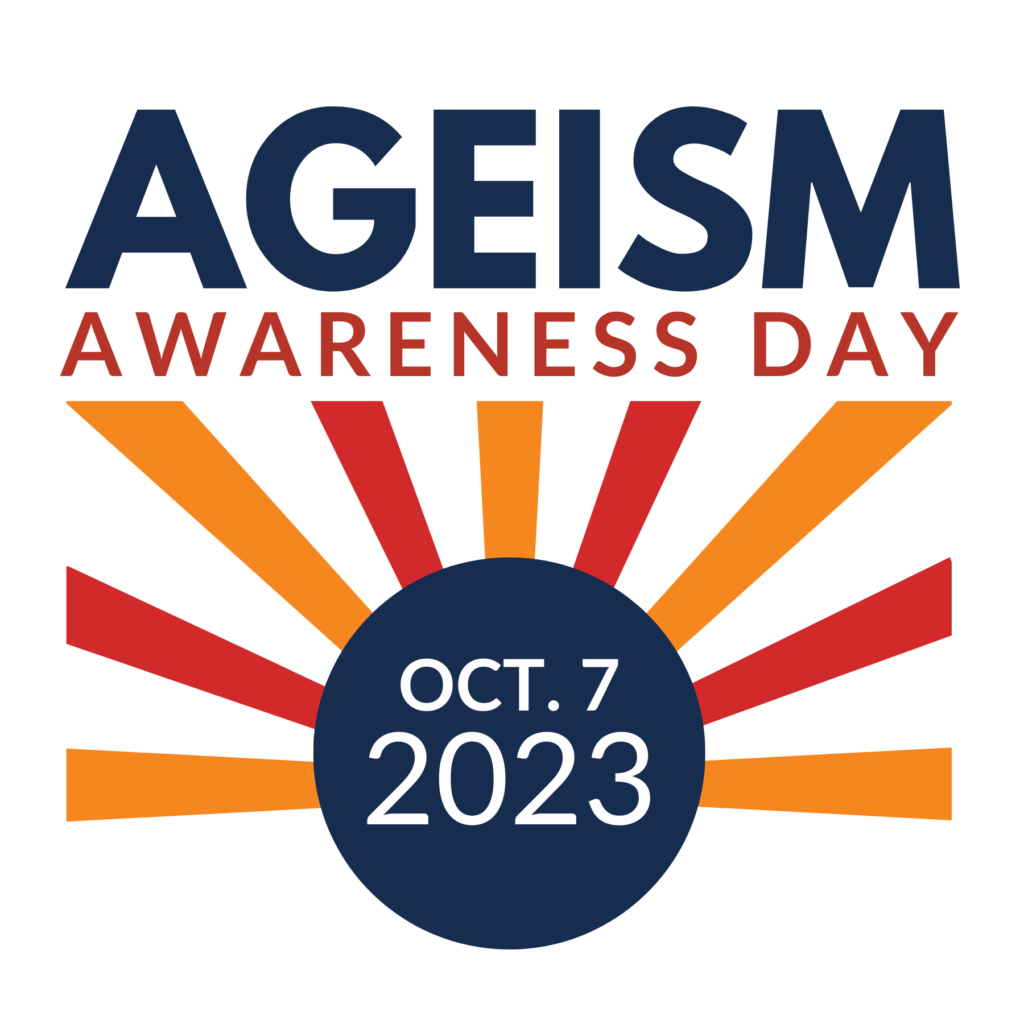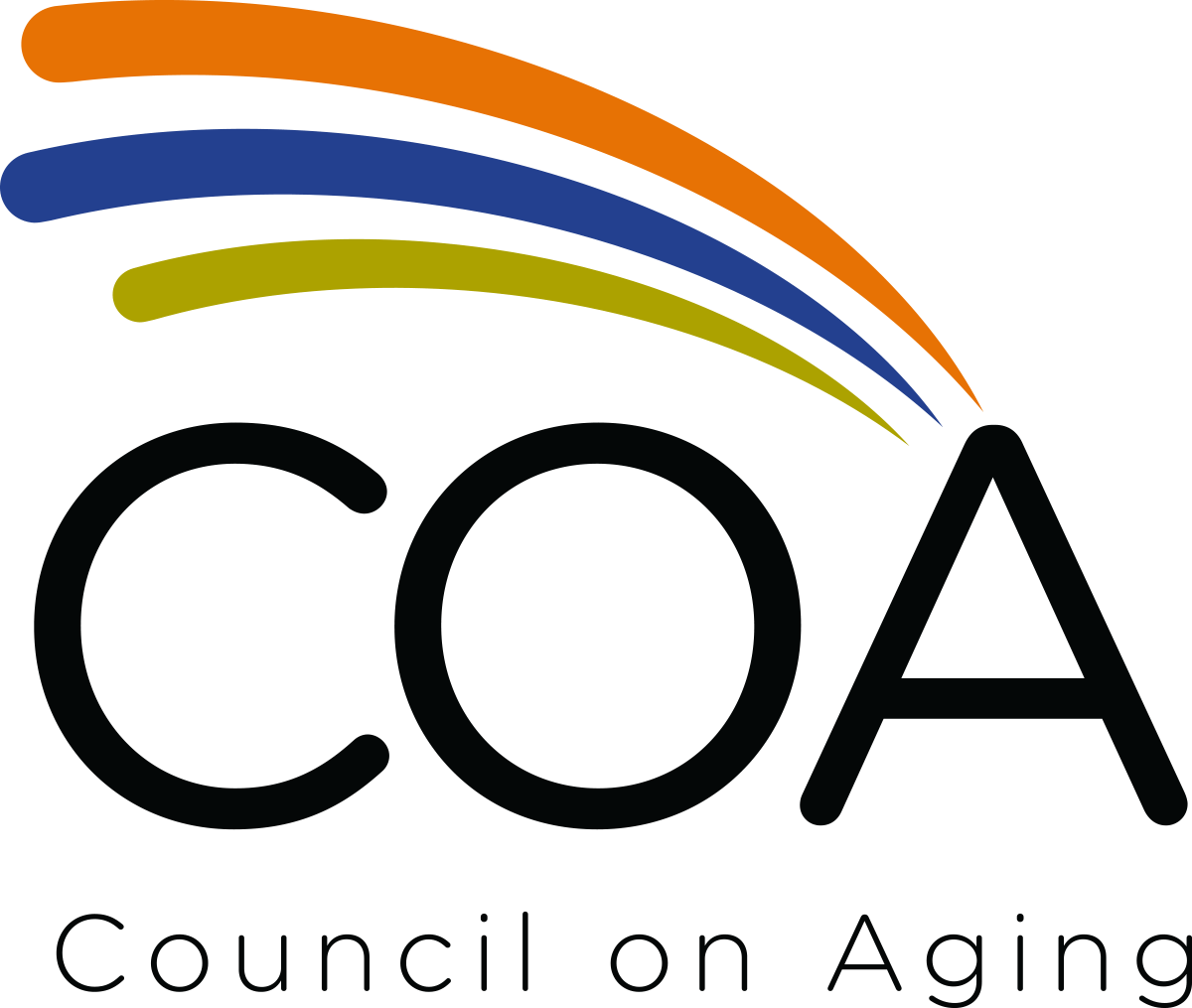News
Ageism Awareness Day is Oct. 7
October 6, 2023
Did you know that the most widespread and socially accepted form of prejudice is ageism? Ageism is defined by the World Health Organization as “the stereotypes (how we think), prejudices (how we feel) and discrimination (how we act) towards others or oneself based on age.”

The American Society on Aging’s (ASA) Ageism Awareness Day on Saturday, October 7, 2023, is an opportunity to draw attention to the existence and impact of ageism in our society and how we can reframe aging in our communities.
According to the ASA, evidence shows ageism is widespread in society and can be found everywhere, from our workplaces and health systems to stereotypes we see on TV, advertising and in the media.
A few facts about ageism, which affects people of any age and harms all:
- There are many forms of ageism, including internalized, cultural, implicit and benevolent.
- Ageism decreases quality of life and can shorten lifespan by 7.5 years.
- Although it is universal, people do not always take ageism as seriously as they do other forms of inequity.
- Ageism intersects with, and exacerbates, all other discriminatory “isms.”
- In the media, underrepresented older adults most often reflect negative stereotypes.
- According to the United Nations, on a global scale, one in two people are ageist.
The National Center to Reframe Aging, led by the Gerontological Society of America, is also working to counter ageism by changing how we talk about aging. The organization offers a number of tools to help individuals, organizations and funders become involved in this important effort, at www.reframingaging.org.
